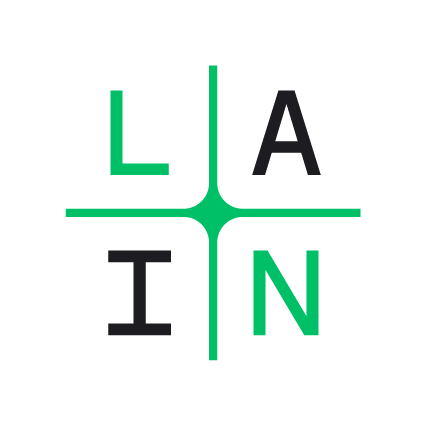Reflections from LAIN’s first renewable energy ‘deep dive’ session
In this blog, Olivia Tusinski from LAIN’s core team shares her reflections on LAIN’s first ‘deep dive’ session, which took place in late November, aimed at assisting members to explore pathways to renewable energy.
Whilst renewable energy isn’t one of the dedicated workstrands in the action plan of LAIN’s Green New Deal working group – which is focused decarbonising its estate buildings, training staff in carbon literacy and greening last-mile deliveries – renewable energy felt like a ‘low hanging fruit’ for Anchors to explore alongside these longer-term interventions.
GLA Deputy Head of Energy Chetan Lad underscored the reason for this, in his presentation opening the session, highlighting that homes and workplaces are responsible for roughly two thirds of London’s CO2 emissions. In 2020, London’s buildings consumed 97 Terawatthours of energy1, or roughly 19.8 cubic tons of carbon.
We were pleased to welcome a speaker from the energy buying consortium Laser on the day, who provided an overview of the renewable energy market pricing and purchasing options, alongside member testimonials from London Fire Brigade and Thames Water, who walked us through how they are switching to 100% certified renewable electricity supplies, installing on-site renewables, improving building energy efficiency, and pursuing power purchasing agreements.
After the presentations, participants, ranging from Energy Procurement Leads, Chief Sustainability Officers, Heads of Energy and Carbon, and Estates Managers, split into two groups for more expansive discussion.
Breakout discussion 1
The first group formed around those at earlier stages of their journey. Most members in this discussion represented federated structures, working with hundreds of independent churches, GP practices and Trusts.
Overall, they reflected that whilst renewable energy felt like ‘the right thing to do’ and aligned with their organisational values, the uncertainties or volatility in cost provided an ongoing barrier. We discussed that the cost certainty provided by power purchasing agreements (PPAs), in exchange for longer periods of commitment, and the benefits that represents for budget planning, despite not being the lowest cost.
Members of this group flagged the challenges of rolling out policy and guidance across the plethora of their independently operating members. They flagged major potential for solar installation across south-facing roofs, but cited a lack of structure enabling them to collectively purchase energy as the key barrier holding them back. They also discussed how clear and easily understandable guidance would go far in assisting them with communicating to their members to implement changes themselves.
We discussed whether the LAIN membership might generate a ‘cheatsheet’ of advice across insulation, heating systems, and glazing for example that could be shared with members undertaking new build or renovation projects, and the importance of ensuring LAIN working group members are cascading information on available funding streams deeper within and across their organisations to better raise awareness of existing support already on offer. There was additional appetite from the group members to know more about funding options for non-public sector bodies including support for more place-based cooperative models that they might partner with local communities/residents on. Finally, they expressed interest in learning more from European counterparts who are further progressed – something to take on board for our future events planning.
Breakout discussion 2
Across the room, representatives from NHS North London, New City College, Transport for London, Thames Water, London Fire Brigade and the Metropolitan Police Service and the GLA discussed Power Purchasing Agreements (PPAs).
While experience and progress amongst the group varied, everyone offered up experiences and challenges – from limited market interest for solar energy supply, or the scarcity of suitable space for infrastructure in London to financial instruments available to make renewable purchasing possible for those public-sector organisations.
Overall, members shared the feeling of needing additional information to inform an organisational shift to renewable energy, and reflected on the value of the Network as a group to share experience and tactics in cost reduction.
They further reflected that LAIN members who are further ahead might offer support in different ways including advocacy support, such as speaking or presenting at colleagues’ board member meetings about green energy, for instance.
We learned that it’s important to understand the strategic level benefits in the first instance, and engage experts to work with members to understand whether tools such as PPA might represent a good opportunity for them.
We’ve sought further feedback from participants of the day and look forward to hearing what further engagement or support around this topic LAIN members would find most valuable, and how we can further support the drive to adopt renewables.

